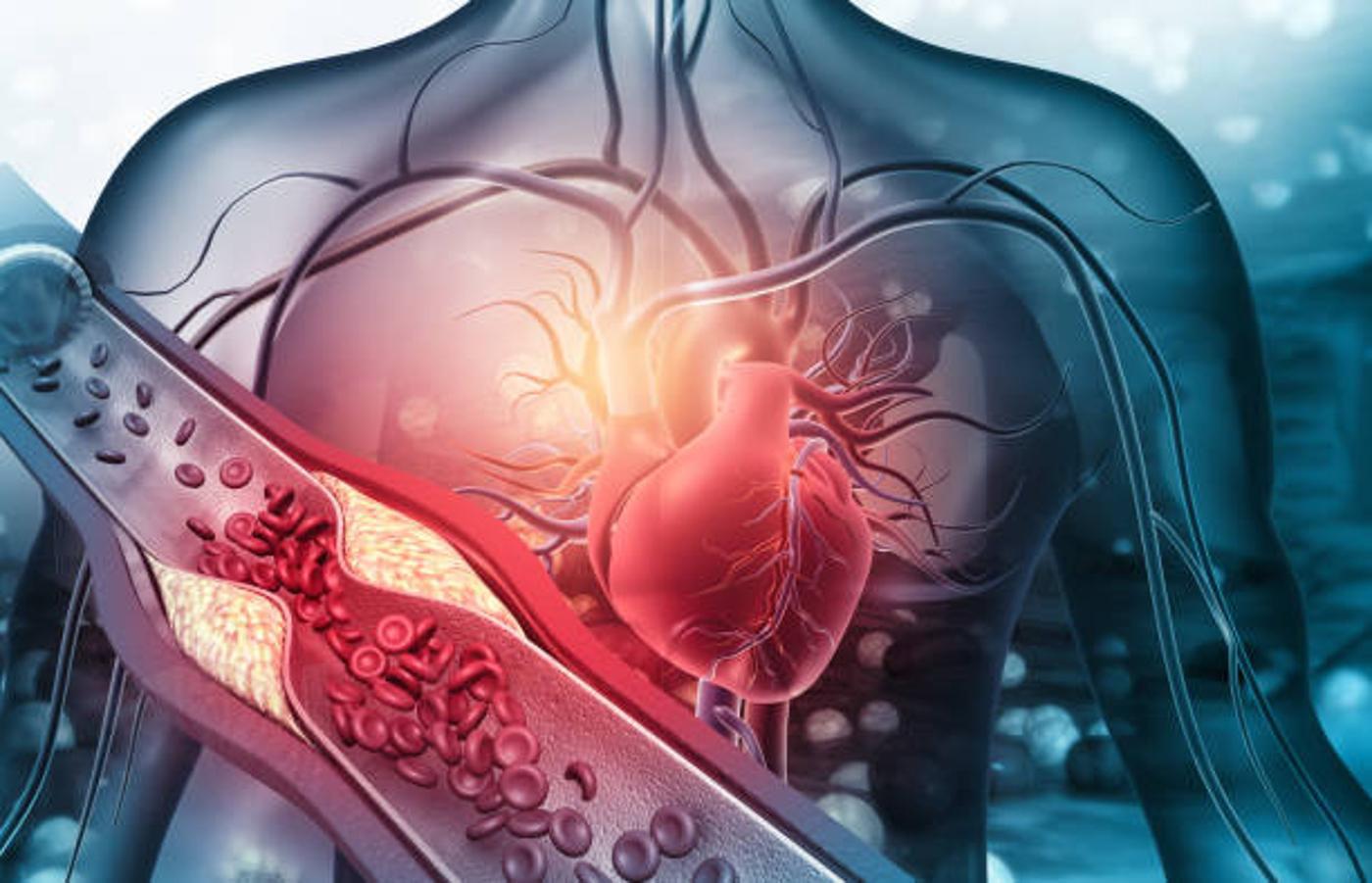Scientists have introduced a groundbreaking AI model that predicts heart attacks up to ten years in advance. This revolutionary technology detects heart inflammation invisible to traditional CT scans, offering a game-changing advancement in cardiovascular health.
Developed by Caristo Diagnostics, an Oxford University spinout, this AI platform is set to transform how we detect and prevent heart disease.
The Power of Early Detection

The AI model, part of a pilot project supported by NHS England, is being tested at hospitals in Oxford, Milton Keynes, Leicester, Liverpool, and Wolverhampton.
Its ability to identify inflammation in the heart before any symptoms arise offers a vital tool for early intervention, potentially saving countless lives and reducing healthcare costs.
How the Technology Works

The Caristo Diagnostics’ CaRi-Heart AI platform analyzes routine CT scans to detect coronary inflammation and plaque. These results are then verified by trained operators to ensure accuracy.
By identifying these early signs, doctors can prescribe preventative treatments, significantly lowering the risk of future heart attacks.
A Transformative Tool

Professor Keith Channon from the University of Oxford emphasized the importance of this technology, stating, “For the first time, we can detect biological processes invisible to the human eye, which precede the development of narrowings and blockages within the heart.”
This early detection is crucial for effective intervention and treatment.
The Impact on Heart Disease

Heart disease affects approximately 7.6 million people in the UK, with an annual cost to the NHS in England of £7.4 billion. In the U.S., heart disease is the leading cause of death, claiming over 695,000 lives every year.
By identifying at-risk individuals early, this AI technology has the potential to reduce these numbers dramatically, offering a more proactive approach to heart health.
The Orfan Study Findings

The Orfan study, involving 40,000 patients and published in The Lancet, revealed that 80% of those referred for cardiac CT scans were sent back to primary care without a defined prevention or treatment plan.
The study found that patients with coronary inflammation were 20 to 30 times more likely to die from a cardiac event within the next ten years.
Preventative Measures in Action

Using the AI technology, the study showed that 45% of patients identified with inflammation were prescribed medication or encouraged to make lifestyle changes.
This proactive approach significantly reduces the risk of future heart attacks, highlighting the transformative potential of the AI model.
‘A Huge Wake-Up Call’

Ian Pickford, 58, from Barwell in Leicestershire, experienced persistent chest pain and was referred for a CT scan in November 2023. Enrolled in the Orfan study, the AI analysis indicated a high risk of heart attack, leading to prescriptions for statins and lifestyle changes.
“It’s a huge wake-up call,” said Pickford, emphasizing the importance of early detection.
Expert Opinions on AI Technology

Prof. Charalambos Antoniades, lead of the Orfan study, explained the limitations of previous tools that only assessed general risk factors.
“Now, with this AI technology, we know exactly which patient has disease activity in their arteries before the disease has developed,” he said, highlighting the precision and effectiveness of the new tool.
NHS and Global Adoption

The National Institute for Health and Care Excellence is currently assessing the AI technology for potential rollout across the NHS.
Already approved for use in Europe and Australia, it is also under review in the US, marking a significant step forward in global cardiovascular health management.
Future Applications of AI Technology

Caristo Diagnostics is also working on adapting the AI technology to prevent strokes and diabetes.
This advancement indicates a broader potential for AI in predicting and preventing various diseases, paving the way for more comprehensive healthcare solutions in the future.
A New Era in Cardiovascular Health

This AI breakthrough signifies a new era in cardiovascular health, offering unprecedented accuracy in predicting and preventing heart attacks.
With ongoing research and development, the future of healthcare looks promising, with AI at the forefront of disease prevention and management.








































